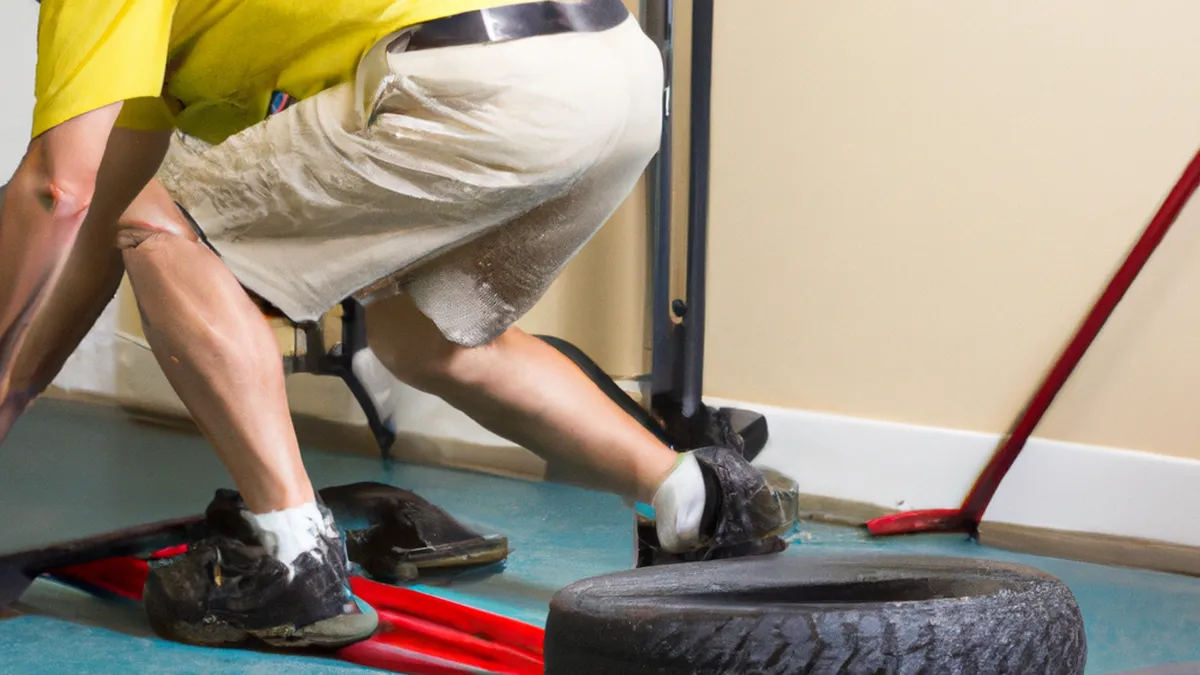Dangers of Smoking for Bone Strength
The Impact of Smoking on Bones
Smoking links to many health issues, including serious effects on bone health. Tobacco use weakens bones, raises fracture risk, and causes osteoporosis. Understand how smoking harms your skeletal system to make informed health choices.
How Smoking Weakens Bones
As an Amazon Associate I earn from qualifying purchases.
Gear tip: consider chair yoga strap, walking poles, and hand grip strengthener to support this topic.
Smoking introduces harmful chemicals into your body. These substances decrease bone density and alter bone structure. Research shows smokers have lower bone mass than non-smokers. Nicotine interferes with osteoblast production, which forms new bone cells.Additionally, smoking reduces blood flow to bones. This limits nutrient delivery, making bones weaker and more fragile. Smokers also absorb less calcium, crucial for maintaining bone health.
Increased Fracture Risk
Smoking weakens bones and raises fracture risk. Studies show smokers are more prone to hip and wrist fractures. These injuries often lead to long-term complications, especially in older adults.Smokers also face slower healing times. Delayed healing can cause extended pain and disability. If you smoke, consider how this habit impacts your mobility as you age.
Osteoporosis and Aging
Osteoporosis causes weak and brittle bones. Smoking speeds up osteoporosis onset, especially in postmenopausal women. Hormonal changes during menopause increase bone loss risk. Smoking worsens this by further decreasing bone density.As people age, they must maintain bone strength. Smokers should recognize the cumulative effects of their habit. The longer you smoke, the higher your risk for osteoporosis and related issues.
Tips for Promoting Bone Health
If you smoke, quitting protects your bones best. Additionally, follow these steps to strengthen your skeletal system:1. **Increase Calcium Intake**: Aim for 1,000 to 1,200 mg daily. Include dairy, leafy greens, and fortified foods in your diet.2. **Get Vitamin D**: Vitamin D boosts calcium absorption. Spend time in sunlight or use supplements if necessary.3. **Engage in Weight-Bearing Exercise**: Activities like walking, jogging, and strength training build bone density. Aim for at least 30 minutes most days.4. **Limit Alcohol Consumption**: Excess alcohol weakens bones. Follow moderate drinking guidelines to protect your skeletal health.5. **Eat a Balanced Diet**: Include fruits, vegetables, lean proteins, and whole grains. A balanced diet supports overall and bone health.
Advice for Quitting Smoking
Quitting smoking can be tough, but the benefits are significant. Use these strategies to help you stop:1. **Set a Quit Date**: Choose a specific date to stop smoking. This prepares you mentally and physically.2. **Seek Support**: Discuss your decision with friends or family. Joining a support group can provide encouragement.3. **Consider Nicotine Replacement Therapy**: Options like gum or patches can ease withdrawal symptoms.4. **Stay Busy**: Engage in activities that occupy your hands and mind. This helps reduce cravings and distracts from smoking urges.5. **Celebrate Milestones**: Reward yourself for reaching milestones. Acknowledge your progress to stay motivated.
Benefits of Quitting Smoking
Quitting smoking improves more than just bone health. Your overall well-being will significantly increase. Here are some positive outcomes:1. **Improved Lung Function**: Quitting boosts lung capacity and eases breathing. You’ll notice more stamina during activities.2. **Better Circulation**: Improved blood flow delivers more nutrients to bones and organs. This enhances overall health.3. **Reduced Cancer Risk**: Stopping smoking lowers the risk of various cancers, including lung and throat cancer.4. **Enhanced Quality of Life**: Many ex-smokers report improved mood and mental clarity. You may also enjoy better sleep and increased energy.5. **Financial Savings**: Smoking costs a lot. Quitting saves money for healthier activities.
Conclusion
Smoking significantly harms bone health, raising fracture and osteoporosis risks. Cigarette chemicals weaken bones and hinder healing. You can take proactive steps to protect your skeletal system. Quitting smoking, improving your diet, and exercising regularly will enhance bone health. The benefits of quitting extend beyond bones, positively impacting your overall well-being. If you smoke, consider acting today for a healthier tomorrow.
Below are related products based on this post:
FAQ
How does smoking affect bone health?
Smoking introduces harmful chemicals that weaken bones and reduce bone density. It also interferes with the production of osteoblasts, which are essential for forming new bone cells. As a result, smokers are at a higher risk of developing osteoporosis and experiencing fractures.
What are the risks of fractures for smokers?
Smokers have an increased risk of fractures, particularly in the hip and wrist. These injuries can lead to serious complications, especially in older adults, and smokers may experience slower healing times, resulting in prolonged pain and disability.
What steps can I take to promote bone health if I smoke?
To promote bone health, smokers should consider quitting and focus on increasing calcium intake, obtaining sufficient vitamin D, engaging in weight-bearing exercises, and maintaining a balanced diet. Limiting alcohol consumption is also crucial for protecting skeletal health.















Post Comment